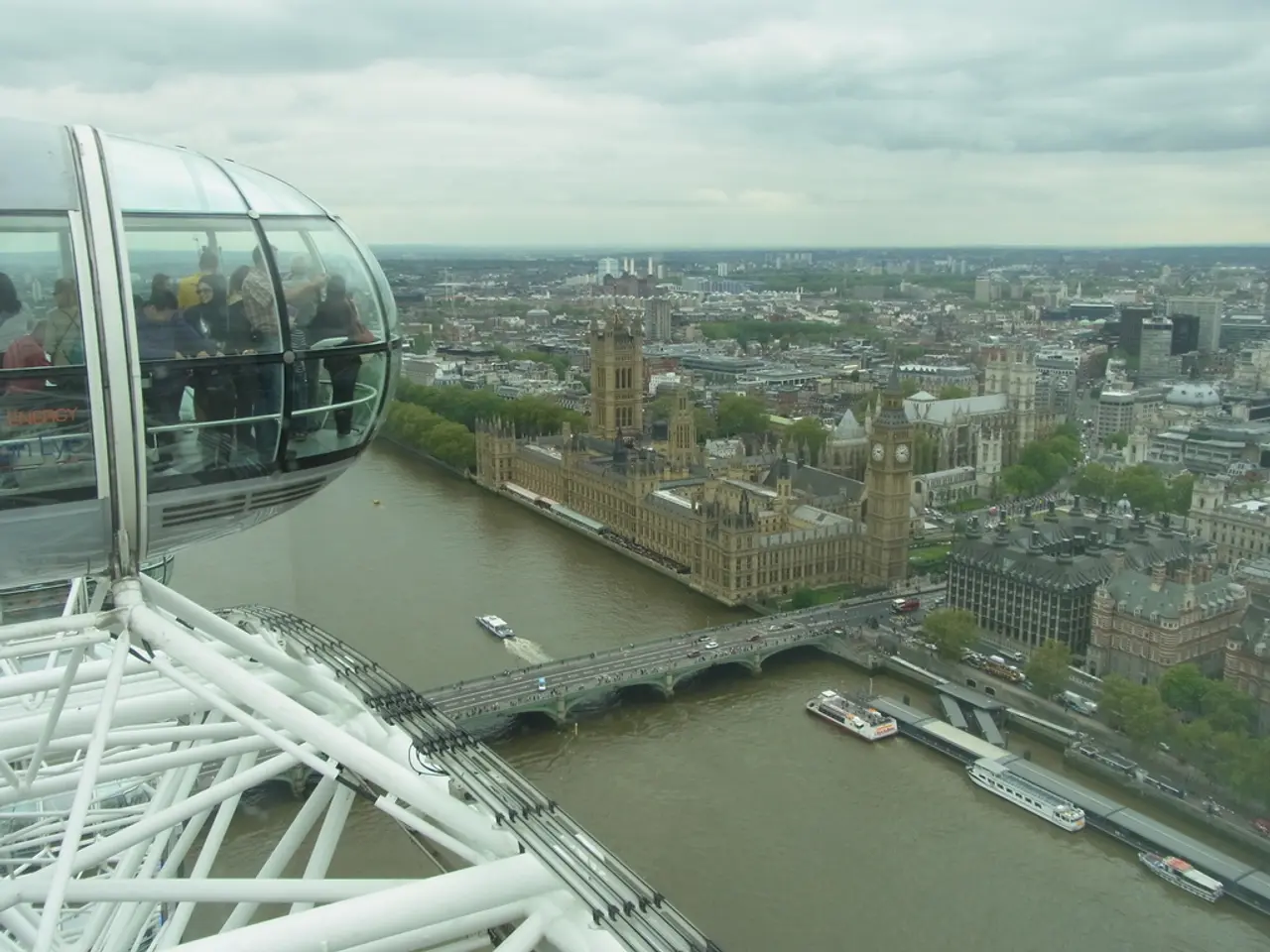Impact of Labour's Election Victory on Finances: Highlighting Crucial Manifesto Points following Landslide Win
Parliament is set to return on the 9th of July, marking the beginning of a new era as the newly-elected MPs are sworn in and the process of electing new chairs and members of select committees begins. The Labour Party, led by Keir Starmer, has secured a significant victory in the 2024 general election, returning 412 MPs on a 34% share of the national vote - a 170-seat majority, similar to the ones Tony Blair secured in 1997 and 2001.
Sir Keir Starmer has been appointed as Prime Minister by King Charles III, and his Labour Party is expected to focus on ending 14 years of Tory government domination. The party's policies are likely to centre on addressing public investment, economic fairness, and social justice, though specific detailed money policies have not been explicitly outlined. The first budget law is anticipated around late 2024 or early 2025.
The Labour government, under Chancellor Rachel Reeves, has pledged to deliver a fiscal event with an Office for Budget Responsibility (OBR) assessment of its spending plans. The earliest date by which the OBR report could be available is Friday, 13 September, but there have been reports that the Chancellor may wait until October to deliver the fiscal event.
One of the key areas of focus for the new government is housing. The Labour Party has pledged to remove Section 21 'no fault' evictions for private tenants immediately, affording them protections from damp and mould currently set out for social housing by Awaab's Law. For leasehold, Labour has pledged to end the current system, making commonhold the "default tenure" for flats and scrapping "unfair" maintenance charges.
To stimulate home building, the Labour Party has pledged to expand the mortgage guarantee scheme, aiming to keep mortgage rates down and encourage a home building boom. They also plan to get pension funds to invest more heavily in the UK and set up a National Wealth Fund to generate private investment in public infrastructure.
The Labour Party has also promised to create a supportive environment for innovation and growth in the financial services sector as part of its pro-business approach. However, they have pledged not to hike income tax, National Insurance, or VAT.
The Conservative Party, now forming the main opposition in the House of Commons after 14 years of governing the country, has lost 250 seats and a dozen former cabinet ministers in the election. The buy-to-let sector faces significant change, but it is unclear at this time what the future of stamp duty will be, as the temporary discounts announced by the Conservatives are currently due to expire in spring 2025.
Parliament is yet to go into recess, a usual occurrence during the summer months. However, when it does, it will delay any new Labour legislation. Two constituencies have still to declare at the time of writing.
On the 17th of July, King Charles III is scheduled to deliver the King's Speech, outlining the next government's legislative agenda. The Labour government's policies and plans, as well as the response from the Conservative Party, will shape the political landscape of the UK in the coming years.
Read also:
- Federal petition from CEI seeking federal intervention against state climate disclosure laws, alleging these laws negatively impact interstate commerce and surpass constitutional boundaries.
- Duty on cotton imported into India remains unchanged, as U.S. tariffs escalate to their most severe levels yet
- Steak 'n Shake CEO's supposed poor leadership criticism sparks retaliation from Cracker Barrel, accusing him of self-interest
- President von der Leyen's address at the Fourth Renewable Hydrogen Summit, delivered remotely




